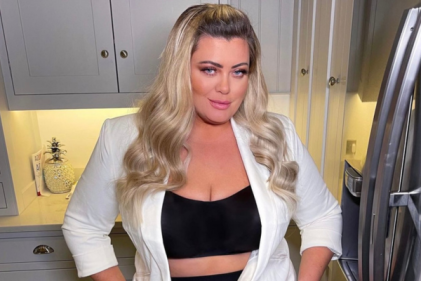If you're thinking about having a baby, stopping your contraception method will be one of your main concerns.
Many women have been using their contraception method for years and aren’t sure how their bodies might react once they come off it. Others are worried that being on hormonal contraception long-term could make it harder to get pregnant.
This is a simple guide to what you can expect if you’re thinking about stopping your method of contraception.
Make sure you are ready
Before coming off your contraception, discuss any existing health issues or problems that could affect your pregnancy with your GP.
It’s also a good time to review your finances, maternity leave benefits and your partner’s paternity leave options.
Don’t stop using contraception with the idea of getting pregnant in six months’ time; you could get pregnant straight away. Instead, aim for at least one month before conception.
How long will it take to conceive?
The short answer is, no one knows. Every woman’s body is different, and you could get pregnant the first time you have sex without contraception, or it may take some time.
You may began to ovulate normally immediately after stopping contraceptive pills or having an IUD removed, or it could take months for your cycle to return to normal.
Some couples can take up to a year to conceive, so try not to worry too much.
When to stop taking a contraceptive pill
If you’re taking a contraceptive pill, it's a good idea to finish out your pill pack, rather than stopping mid-month. This is because you may start bleeding after finishing the pill, but this is not a real 'period'. So, if you stop mid-cycle rather than at the end of your packet, it could be hard to determine when you are genuinely ovulating.
If you have an IUD, you'll need to make an appointment with your doctor to have it removed.
Don’t stress
Even if you’ve been using hormonal contraception for years, it will not have a long-term effect on your fertility. This includes contraceptive pills, IUDs, and the Depo-Provera injection.
Factors such as age and overall health are far more important in determining fertility levels. So, try not to stress if your cycle doesn’t return to normal right away. However, if you don’t have a period after three months, make an appointment with your doctor for advice. Some women find it takes up to nine months for their bodies to readjust.
Bodily changes
After ceasing a hormonal contraception method, you may have a 'withdrawal bleed' straight away. When your period does return, it may be irregular for a few months, but don’t worry; it usually sorts itself out.
If you experienced heavy periods and severe pain before using a hormonal contraception method, unfortunately this may start again once you start having 'normal' periods again.
However, it will depend on your age, i.e.: if you began taking the pill as a teenager, and you’re now in your 30s, it’s unlikely you’ll experience the same severity.
You may also experience PMS, mood swings and some acne if you suffered from these problems before using hormonal contraception.
However, on the upside, some women find their PMS and moods improve and that they have a heightened libido – handy if you’re trying for a baby!
No two women will have the exact same experience, but if you’re having any severe side-effects, seek medical help and don’t suffer in silence.
If you aren’t sure whether to come off your contraception, your doctor will be able to advise you on the best course of action.









